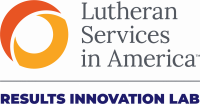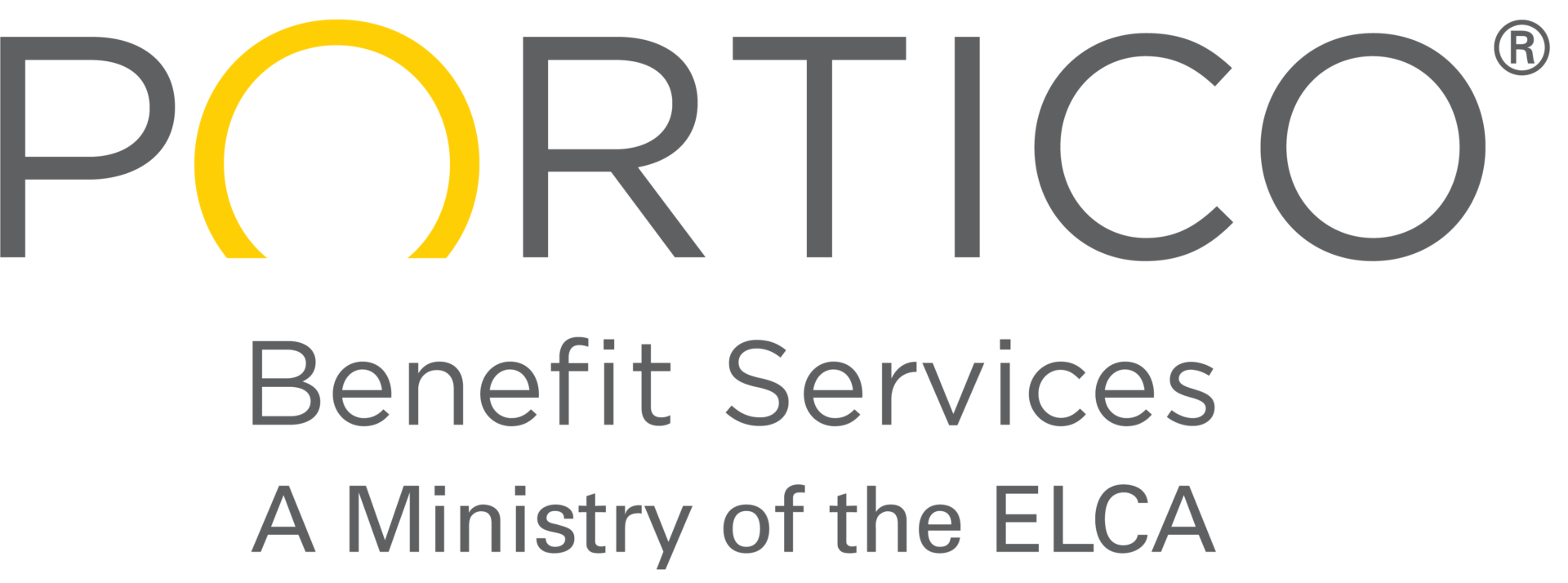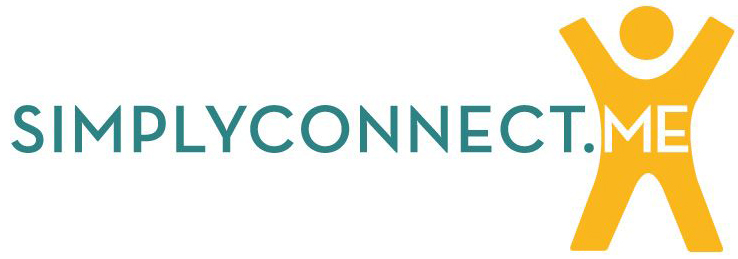In his new book “My Journey from Boxing Ring to Boardroom: 5 Essential Virtues to Life and Leadership,” Lutheran Social Services of Wisconsin and Upper Michigan president and CEO Héctor Colón outlines the guiding principles for achieving greatness — while serving the needs of others. Achieving greatness takes courage, Colón stated recently, and as a former boxing champion, he knows all about courage. “There is no greater courage than entering the ring.”
Colón would take the bravery he needed to stare down fear in the ring and bring it with him to make a difference in the nonprofit sector. After all, it takes courage as a leader, he said, to do the right thing in making tough decisions that will ultimately serve people with better outcomes and ensure greater viability for the organization. His advice for his fellow CEOs in the nonprofit sector: strive for greatness with humility and magnanimity, do something honorable and serve others, and be willing to fail along the way. “Failure is okay, as long as we learn from it.”
Colón’s book is available to purchase on his website HectorColonMKE.com and on Amazon (paperback or Kindle ebook).
 By Héctor Colón, President and CEO of Lutheran Social Services of Wisconsin and Upper Michigan
By Héctor Colón, President and CEO of Lutheran Social Services of Wisconsin and Upper Michigan
On a summer day in 1982, when I was nine years old, I came home crying and with a bloody nose.
The blood still drying on my chin, my father demanded to know what had happened. With tears in my eyes, I repeated what a neighborhood boy, Adam, had told me: “We don’t want you here. Spic, n―. Leave our neighborhood now!”
The challenges I faced as a young Puerto Rican boy in Milwaukee — racism, bullying, gang violence — could have easily pushed me in the wrong direction. My family’s struggles — my father leaving to Puerto Rico when I was twelve and my sister’s addiction to drugs — changed me in ways that I will never fully understand. As a result of these and other factors, my Adverse Childhood Experiences (ACE) score is six. According to research, this would indicate that I have a 1,200 percent likelihood of having depression and a 200 percent likelihood of committing suicide.
The person I am today was shaped by these trials but also by the first tentative steps I took into the boxing ring and the decade of hard work that followed. I recall being pushed in front of a mirror and shown some basic boxing combinations by my coach, Shorty. He turned to my father and said, “Héctor is a natural. He will become a Champion.”
He was right. I ended up becoming a seven-time National Champion, traveling all over the world with the US National Boxing team. I was favored to go to the 1992 Olympics until my dream was shattered when losing in the Olympic Trails to Jessie Briceno. I was devastated. What hurt most, and continues to hurt even to this day, is that I wasn’t focused for the most important opportunity of my life.
Nor did I hear from the big-time promoters. I was painfully searching for purpose. On December 27, 1992, I bought my first Bible and gave my life to Christ. Six months later, I fought Jessie Brecino; this time, I was focused mind, body, and spirit and I knocked him out in the first round for the U.S. Welterweight Championship.
At the same time, my faith was deepening. I was beginning to feel conflicted. I found myself torn by a verse from First Corinthians: “Do you not know that your bodies are temples of the Holy Spirit, who is in you, whom you have received from God, and that you do not own yourself . . . Therefore glorify God with your own body” (I Corinthians 6:19-20). I pictured myself in the ring hurting someone who was a temple of the Holy Spirit. I also imagined hurting myself and I decided to leave boxing.
My journey continued with challenges, low expectations by others, set-backs, opportunities, and successes. Undeterred, I applied the same dedication, determination and discipline that it took to become a champion boxer to my new life striving for excellence in everything I do, whether it be as a husband, father, or CEO.
 “My Journey from Boxing Ring to Boardroom: 5 Essential Virtues to Life and Leadership” depicts my challenging childhood, international boxing success, to my rise to the President and CEO of one of the largest non-profit organizations in the Midwest by living out the following virtues:
“My Journey from Boxing Ring to Boardroom: 5 Essential Virtues to Life and Leadership” depicts my challenging childhood, international boxing success, to my rise to the President and CEO of one of the largest non-profit organizations in the Midwest by living out the following virtues:
- Magnanimity — striving for greatness
- Humility — putting other first
- Courage — willing to face your fears
- Perseverance — never giving up
- Temperance — practicing restraint
This book is packed with actionable and powerful approaches to living and leading. I hope to inspire young people, as well as entrepreneurs, leaders and those looking for hope and direction in an ever changing and challenging word.
This book will bring out the champion in you!
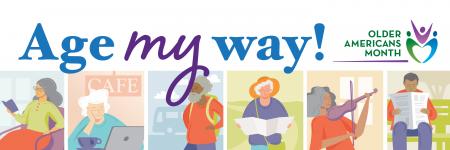
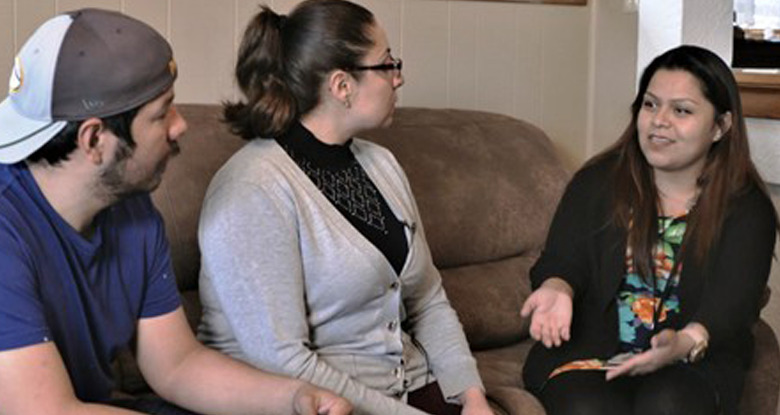
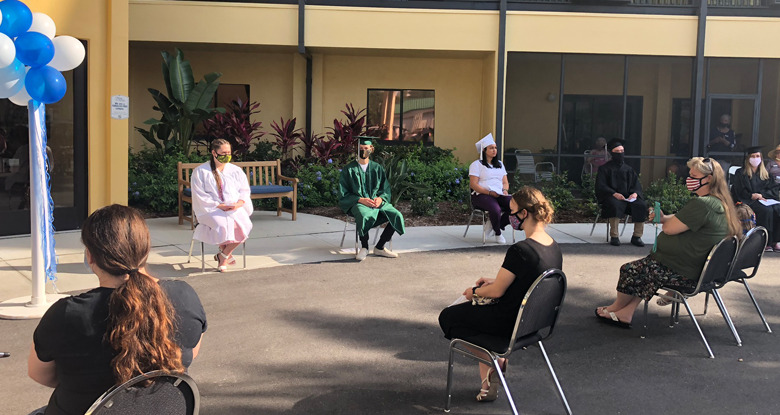
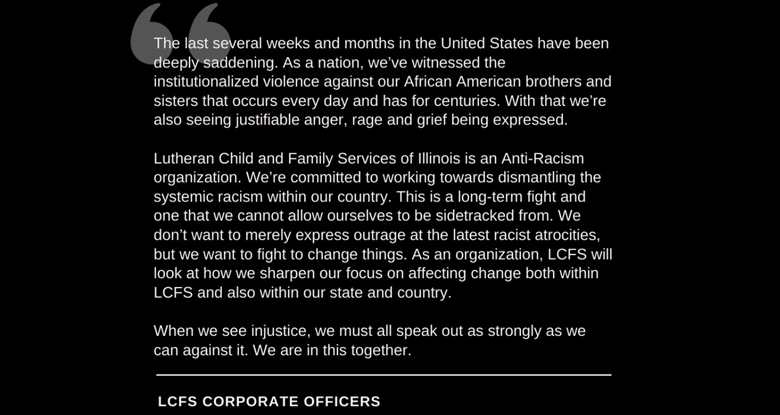

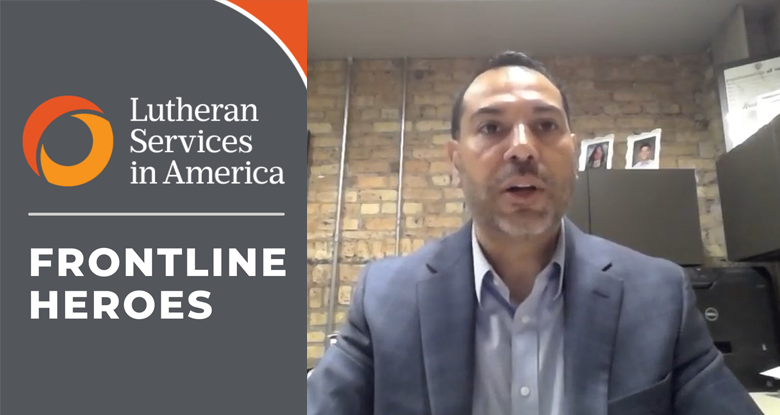


 By Héctor Colón, President and CEO of Lutheran Social Services of Wisconsin and Upper Michigan
By Héctor Colón, President and CEO of Lutheran Social Services of Wisconsin and Upper Michigan “
“